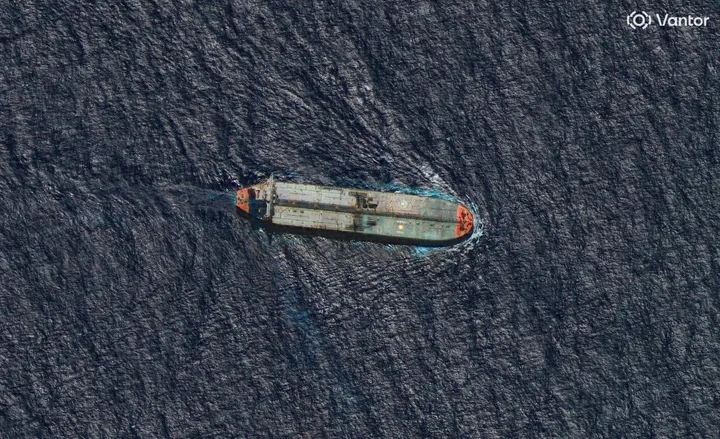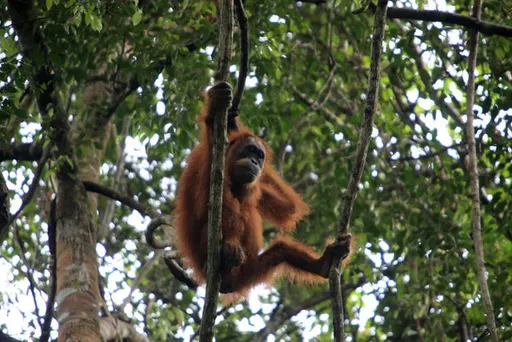South Korea has said it will roll out a pilot project to use artificial intelligence, facial recognition and thousands of CCTV cameras to track the movement of people infected with the coronavirus, despite concerns about the invasion of privacy.
The nationally funded project in Bucheon, one of the country's most densely populated cities on the outskirts of Seoul, is due to become operational in January, a city official told Reuters.
The system uses an AI algorithms and facial recognition technology to analyse footage gathered by more than 10,820 CCTV cameras and track an infected person’s movements, anyone they had close contact with, and whether they were wearing a mask, according to a 110-page business plan from the city submitted to the Ministry of Science and ICT.
The Bucheon official said the system should reduce the strain on overworked tracing teams in a city with a population of more than 800,000 people, and help use the teams more efficiently and accurately.
South Korea already has an aggressive, high-tech contact tracing system that harvests credit card records, cellphone location data and CCTV footage, among other personal information.
It still relies, however, on a large number of epidemiological investigators, who often have to work 24-hour shifts, frantically tracing and contacting potential coronavirus cases.
READ MORE: Artificial Intelligence and the Global Fight against Covid-19
Digitise manual labour
In bidding for national funding for the pilot project in late 2020, Bucheon mayor Jang Deog-cheon argued that such a system would make tracing faster.
"It sometimes takes hours to analyse a single CCTV footage. Using visual recognition technology will enable that analysis in an instant," he said on Twitter.
The system is also designed to overcome the fact that tracing teams have to rely heavily on the testimony of Covid-19 patients, who aren't always truthful about their activities and whereabouts, the plan said.
The Ministry of Science and ICT said it has no current plans to expand the project to the national level. It said the purpose of the system was to digitise some of the manual labour that contact tracers currently have to carry out.
The Bucheon system can simultaneously track up to ten people in five to ten minutes, cutting the time spent on manual work that takes around half an hour to one hour to trace one person, the plan said.
The pilot plans call for a team of about ten staff at one public health centre to use the AI-powered recognition system, the official said.
Governments around the world have turned to new technologies and expanded legal powers to try to stem the tide of Covid-19 infections.
China, Russia, India, Poland and Japan as well as several US states are among the governments to have rolled out or at least experimented with facial recognition systems for tracking Covid-19 patients, according to a March report by Columbia Law School in New York.
























